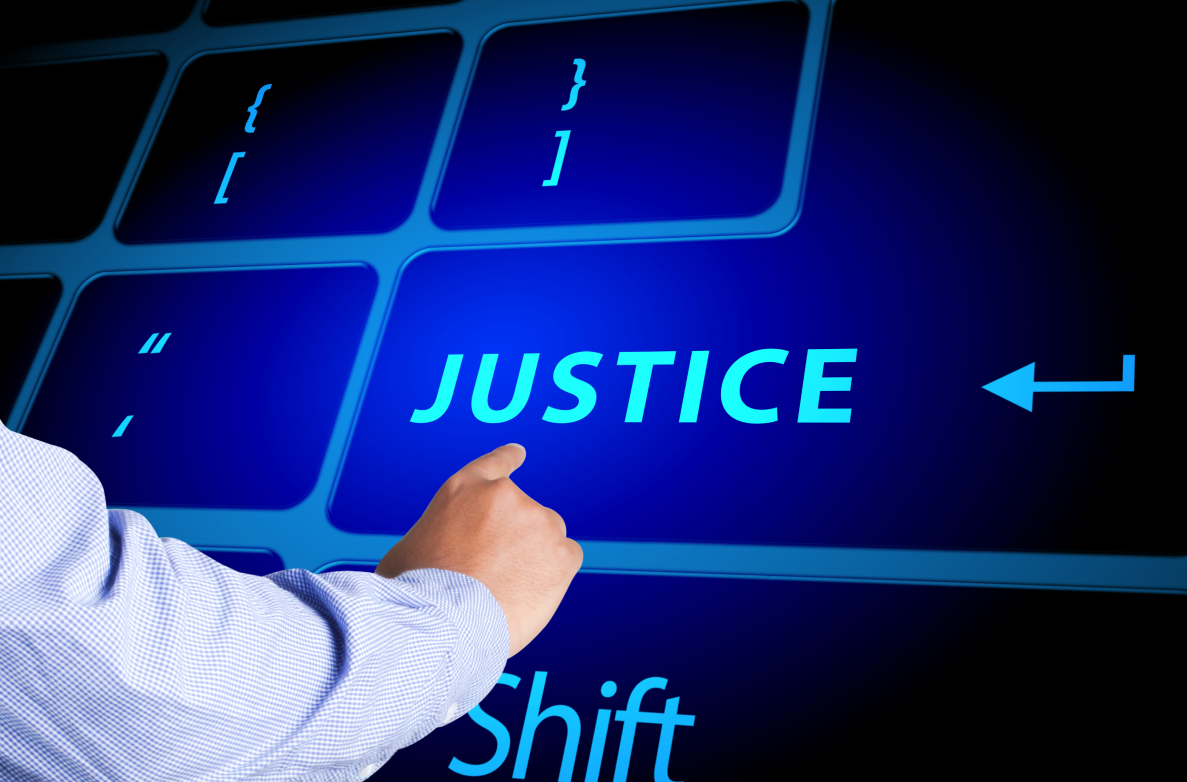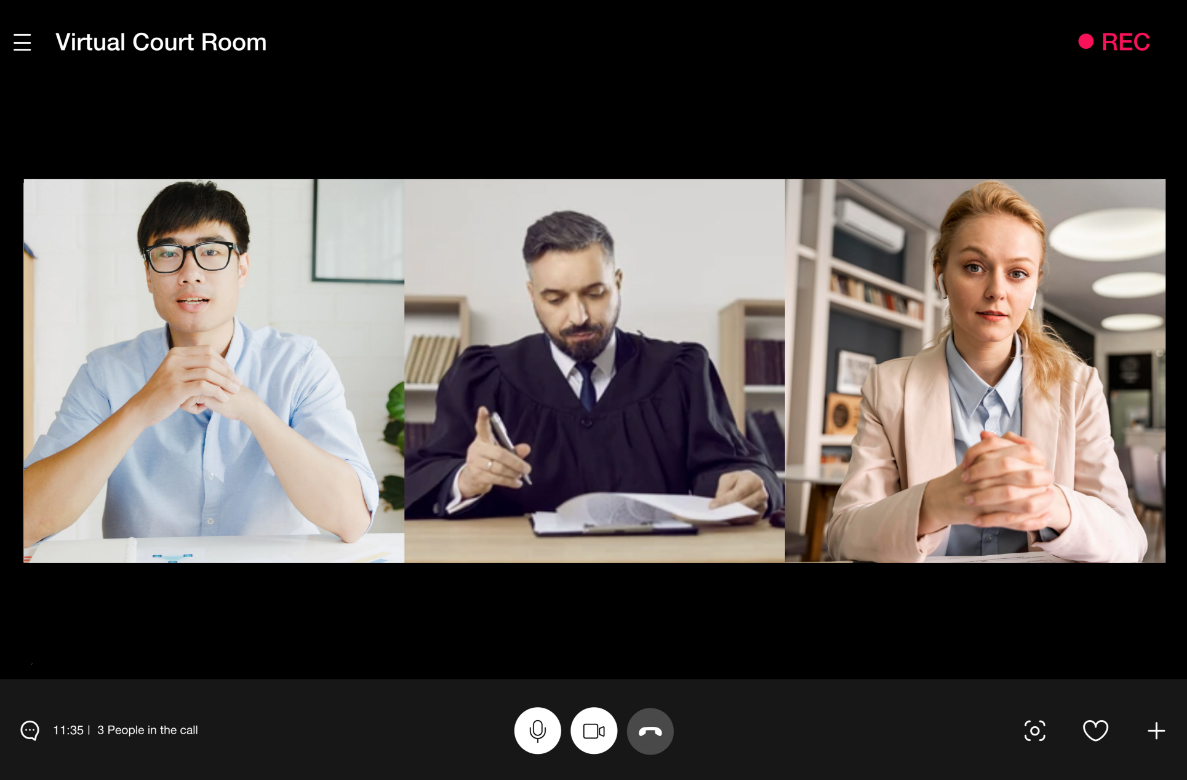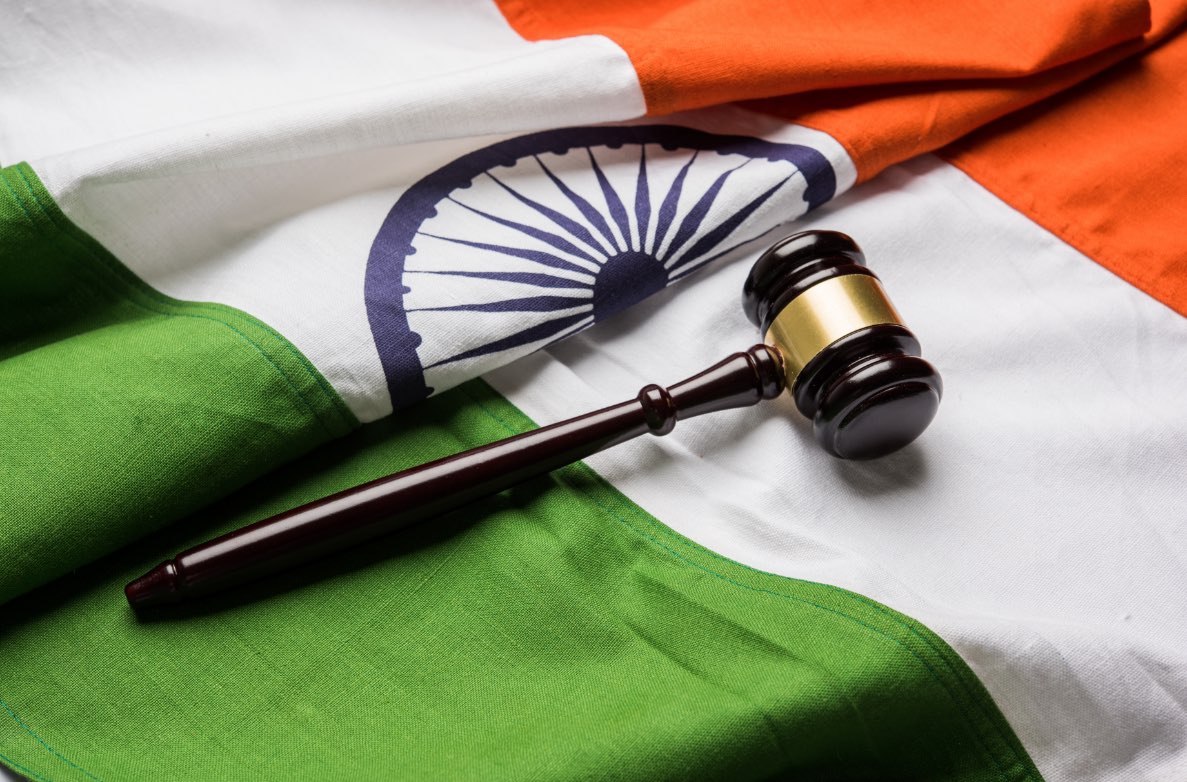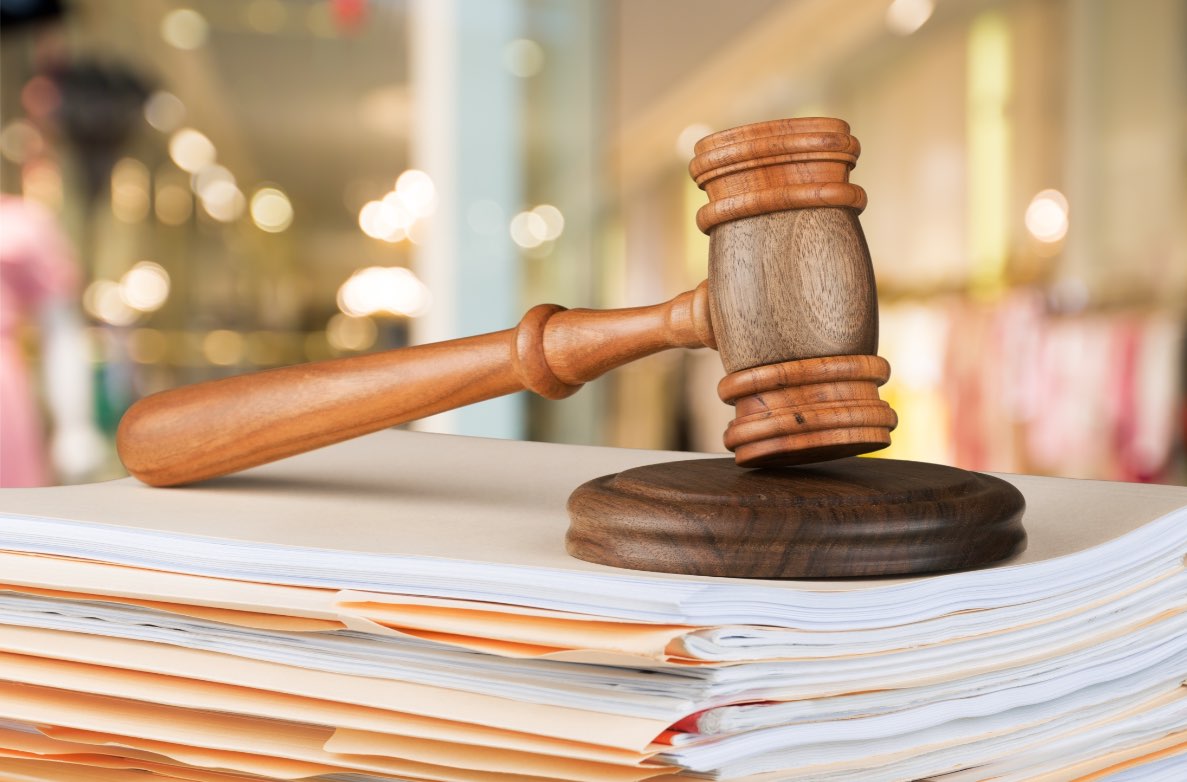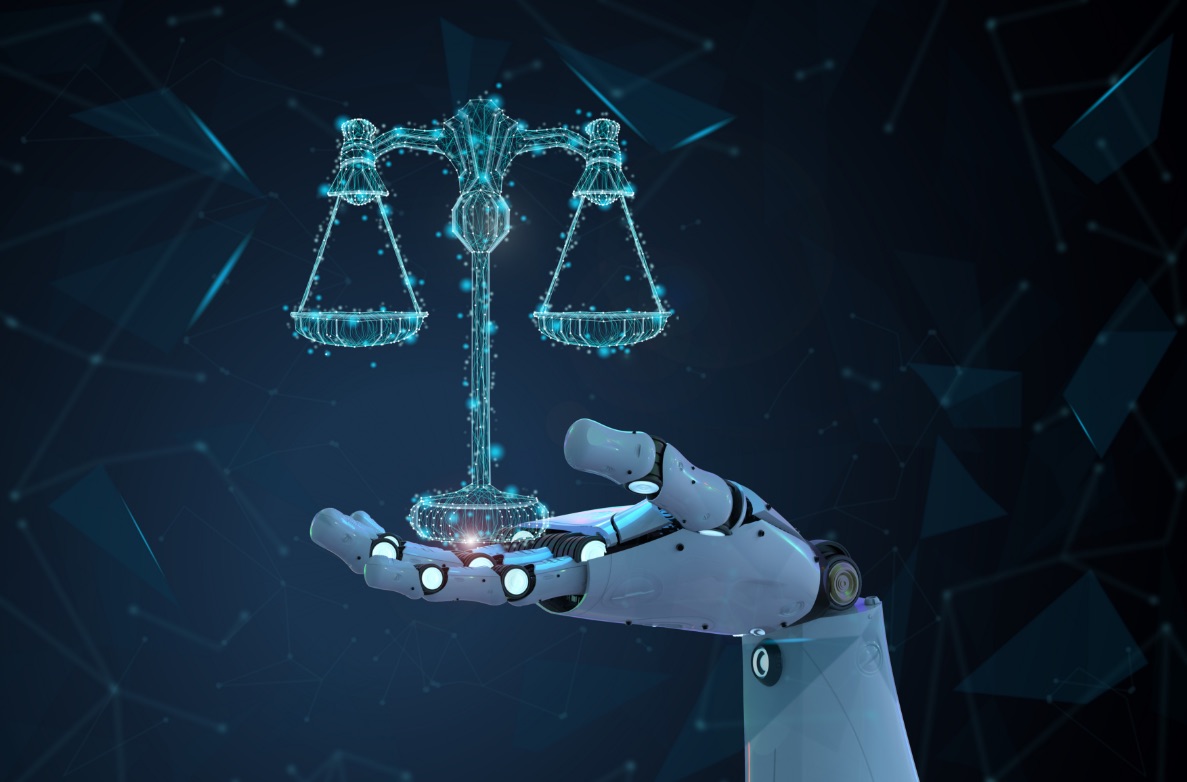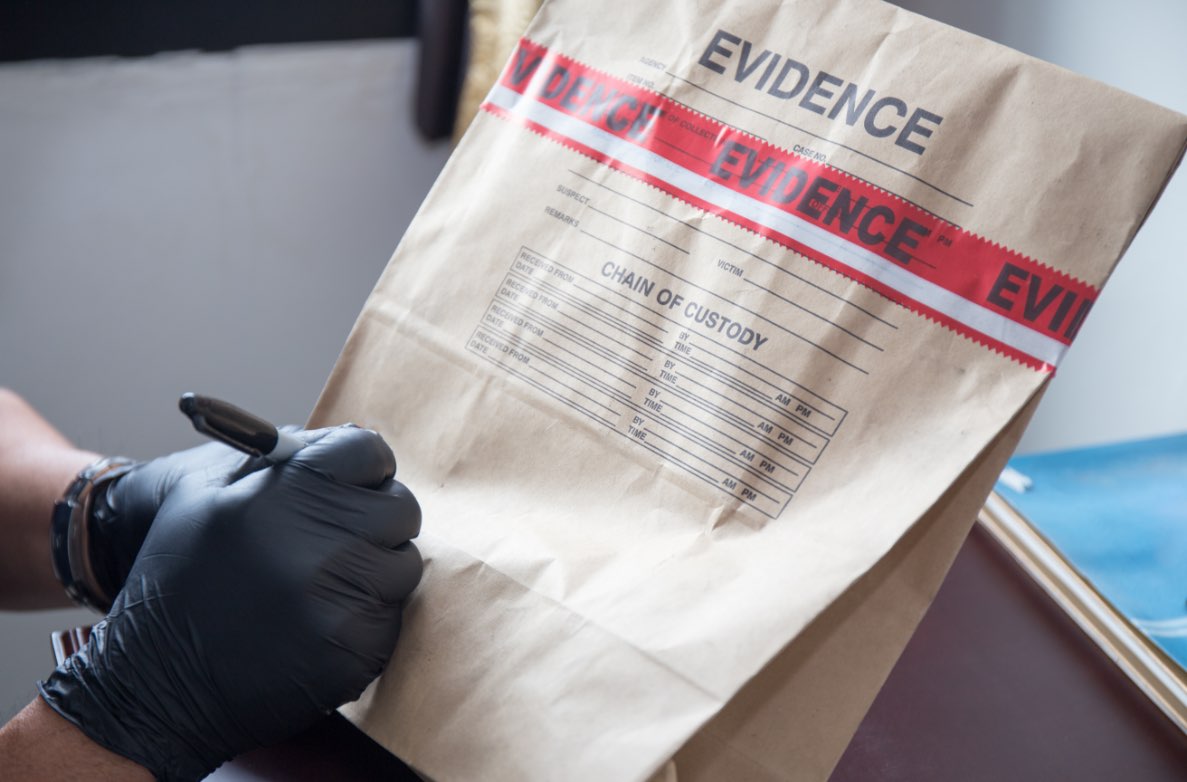Latest Update 4 years ago
Blockchain Dispute Resolution: the most viable alternative in a decentralised world
With the majority of the spotlight on cryptocurrency and the financial implication of it all, the discussion on the feasibility of blockchain in dispute resolution is often overlooked
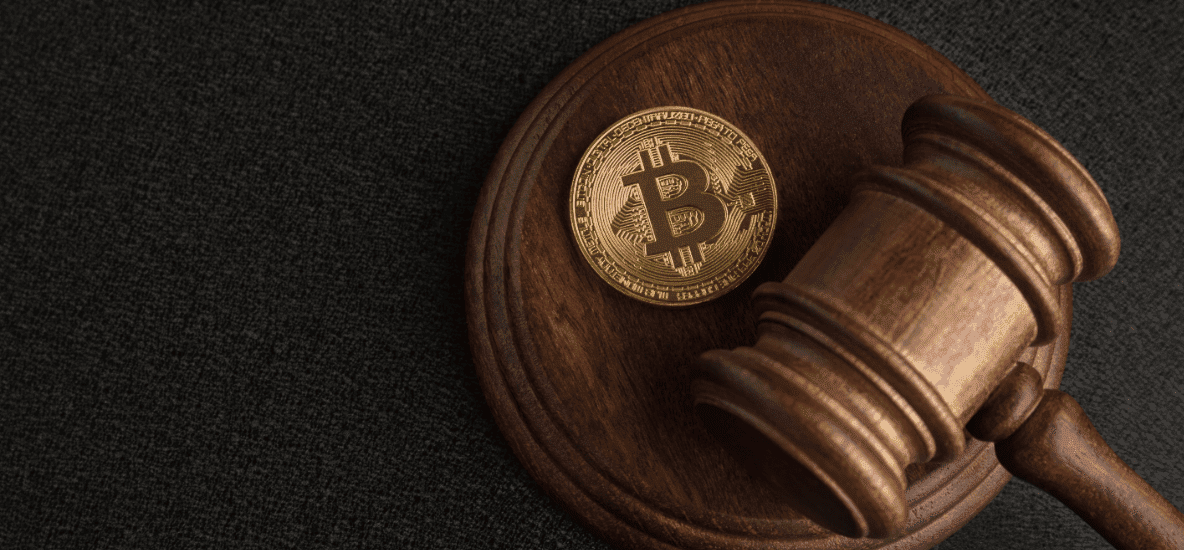
Blockchain is one of the biggest topics of discussion on the digitisation front – and for good reason. With the majority of the spotlight on cryptocurrency and the financial implication of it all, what with its very secure nature and all, the discussion on the feasibility of blockchain in dispute resolution often gets overlooked. To put it in layman’s terms, blockchain is essentially a decentralised secure platform which allows for the storage and distribution of digital data across a number of networks. So, it stands to reason that the applications of blockchain in dispute resolution is all, but the most viable alternative in a new, technologically driven world order.
In today’s cyberspace, hacking and information leaks are indeed a valid threat when documents or other forms of correspondences are exchanged amongst parties. And it is here exactly where blockchain steps in. In dispute resolution, particularly on the arbitration front, the secure nature of blockchains prove to be a useful tool and abet to the confidentiality that a dispute resolution process requires. Blockchain technology allows for data to be transferred and stored safely across locations. It also has its applications in enforcing smart contracts and perhaps one day, even automating the dispute resolution process.
While not traditionally similar to the conventional court-based justice system that still retains a stronghold in law, the reach of blockchain dispute resolution is towards unlocking a different level altogether, especially when it comes to the judiciary. But that reach can only be achieved and scaled up with the cooperation and understanding of its applications from all of the stakeholders involved. As of now, the reduced time delays and its feasibility when it comes to costs are attracting more users everyday to take blockchain dispute resolution route for a quick and just decision. All of which is in line with the very intent of blockchain dispute resolution – being a better alternative in an increasingly decentralised world.
